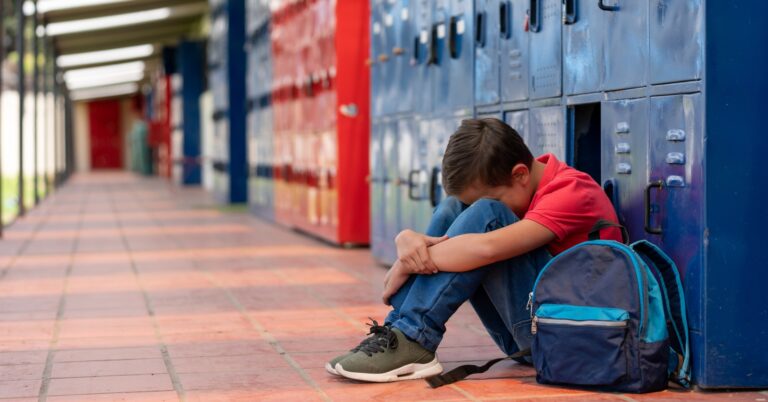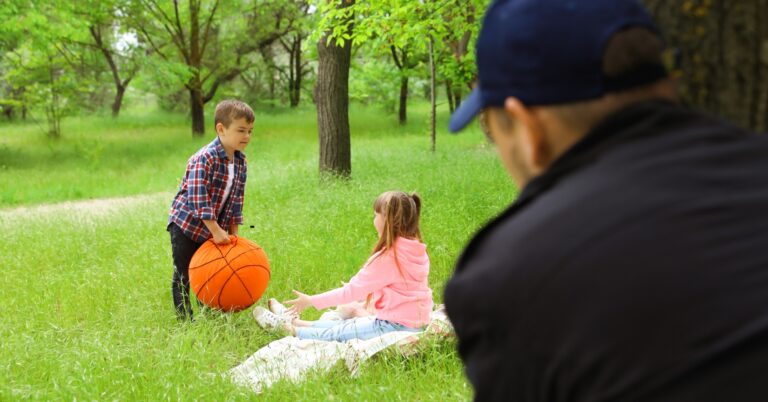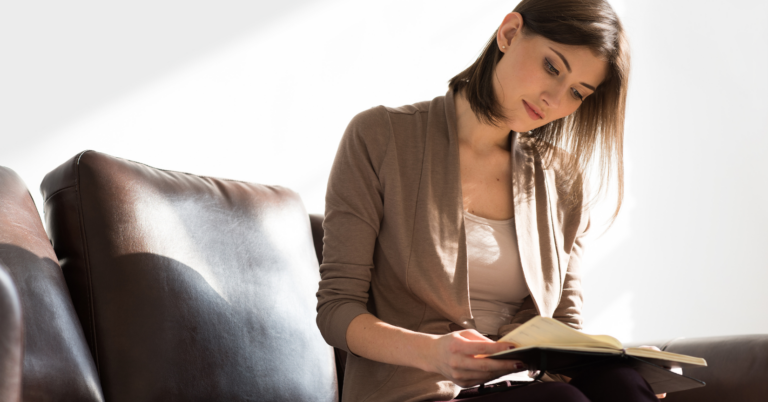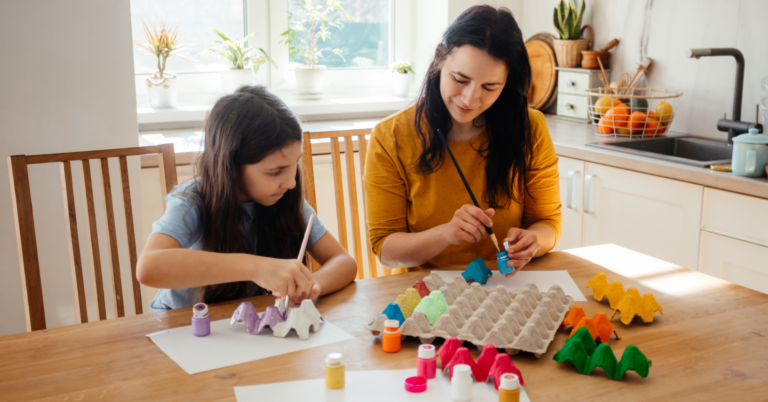As a new parent, you’re probably well aware of the need to protect your precious newborn from any harm. But, have you ever considered the hidden dangers lurking in your own home?
These dangers are not as obvious as a sharp knife or a hot stove, but they can still pose significant risks to your baby’s health.
In this article, we’ll shed light on 7 hidden hazards you might be unwittingly exposing your little one to. So sit back, and let’s journey through your home together. By the end of it, you’ll be better equipped to ensure a safer environment for your baby.
1. Indoor air quality
Indoor air quality is a crucial aspect of your home environment that can significantly affect your newborn’s health. Unbeknownst to many, indoor air can often be more polluted than outdoor air due to the presence of various contaminants.
Common pollutants include dust mites, mold spores, pet dander, and volatile organic compounds (VOCs) released from furniture, paint, and cleaning products. Prolonged exposure to these pollutants can lead to respiratory issues, allergies, and other health complications in newborns.
To improve indoor air quality, ensure proper ventilation in your home. Regularly open windows to let in fresh air and consider investing in an air purifier. Also, try to use natural cleaning products instead of those with heavy chemicals.
2. Small objects and choking hazards
Many everyday household items can pose a choking hazard to newborns. From tiny toys to household items like coins or batteries, these seemingly harmless objects can pose a serious risk to your newborn.
Ingesting these objects can block your newborn’s airway, leading to a potentially life-threatening situation.
Consider doing a regular sweep of your home for any potential choking hazards. This is especially important as your newborn starts to crawl and explore their surroundings more actively.
Childproofing your home is another effective strategy. This includes securing cabinets and drawers with childproof latches and keeping small objects stored away safely.
3. Household plants
Household plants can add beauty and freshness to your home, but certain varieties can pose a risk to your newborn’s health. Some common indoor plants are toxic if ingested or touched, which could happen as your baby starts to explore their surroundings.
Plants like peace lilies, philodendrons, and English ivy, while popular choices for indoor greenery, can be harmful if ingested. Symptoms can range from mild discomfort and rash to severe digestive issues.
Ensure that you know the names of all plants in your home and research their potential toxicity. It’s best to keep these plants out of reach or consider choosing non-toxic plant varieties.
4. Noise pollution
Noise pollution in your home might not be the first thing that comes to mind when considering potential hazards for your newborn, but it’s a significant factor that can impact their health. Consistent exposure to high levels of noise can disrupt your baby’s sleep and development.
Sources of noise pollution can include loud music, television, appliances, or even traffic from a nearby street. These sounds can lead to stress in newborns, affecting their overall wellbeing.
Related Stories from Careful Parents
Consider implementing noise reduction strategies in your home, such as using white noise machines in the baby’s room or installing soundproofing materials.
5. Electrical outlets
Electrical outlets can pose a serious risk to curious babies who are starting to crawl and explore their environment. Uncovered outlets invite little fingers, posing a risk of electric shock to your newborn.
It’s crucial to babyproof all the electrical outlets in your home. There are various products available, such as outlet covers and safety plugs, that can prevent your child from sticking their fingers or objects into the sockets.
Keeping your baby safe from electrical hazards is a vital part of creating a safe home environment. Up next, we’ll discuss the hidden danger of household cleaning products.
6. Household cleaning products
Household cleaning products, while necessary for maintaining a clean home, can pose a significant risk to your newborn’s health. These products often contain harsh chemicals that can be harmful if ingested, inhaled, or come in contact with the skin.
Moreover, brightly colored liquid cleaners can be particularly appealing to young children and may tempt them to taste or touch.
To mitigate these risks, store all cleaning products out of your child’s reach and sight. Consider using child safety locks on cabinets where these items are stored. Alternatively, you could switch to using non-toxic or homemade cleaners to reduce potential exposure to harmful chemicals.
7. Water quality
It might be surprising, but the quality of water in your home is another key factor that could impact your newborn’s health. Contaminants such as lead, nitrates, bacteria, and pesticides in the water can lead to various health issues.
Unfortunately, these contaminants are not always visible or detectable by taste or smell. Consuming or bathing in contaminated water can expose your newborn to harmful substances that may affect their development and overall health.
It’s crucial to have your home’s water supply tested regularly. If contaminants are detected, consider installing a water filtration system. This will ensure that the water your newborn consumes and bathes in is safe and clean.
Empowering parents for a safe home environment
Ensuring a safe environment for your newborn isn’t just about identifying potential hazards. It’s about taking proactive steps to mitigate these risks and creating a space where your child can safely explore, learn, and grow.
As parents, it’s our responsibility to keep our children safe. This requires remaining vigilant about potential home hazards and staying informed about how to best protect our little ones.
It also involves adopting a growth-focused mindset. Challenges and setbacks are inevitable, but they present opportunities to learn and grow as a parent. By being proactive, you’re not only protecting your child, but also teaching them valuable lessons about safety and responsibility.
Above all, remember that it’s okay not to have all the answers right away. Parenting is a journey of continuous learning and growth. You’re doing your best, and that’s what truly matters.








